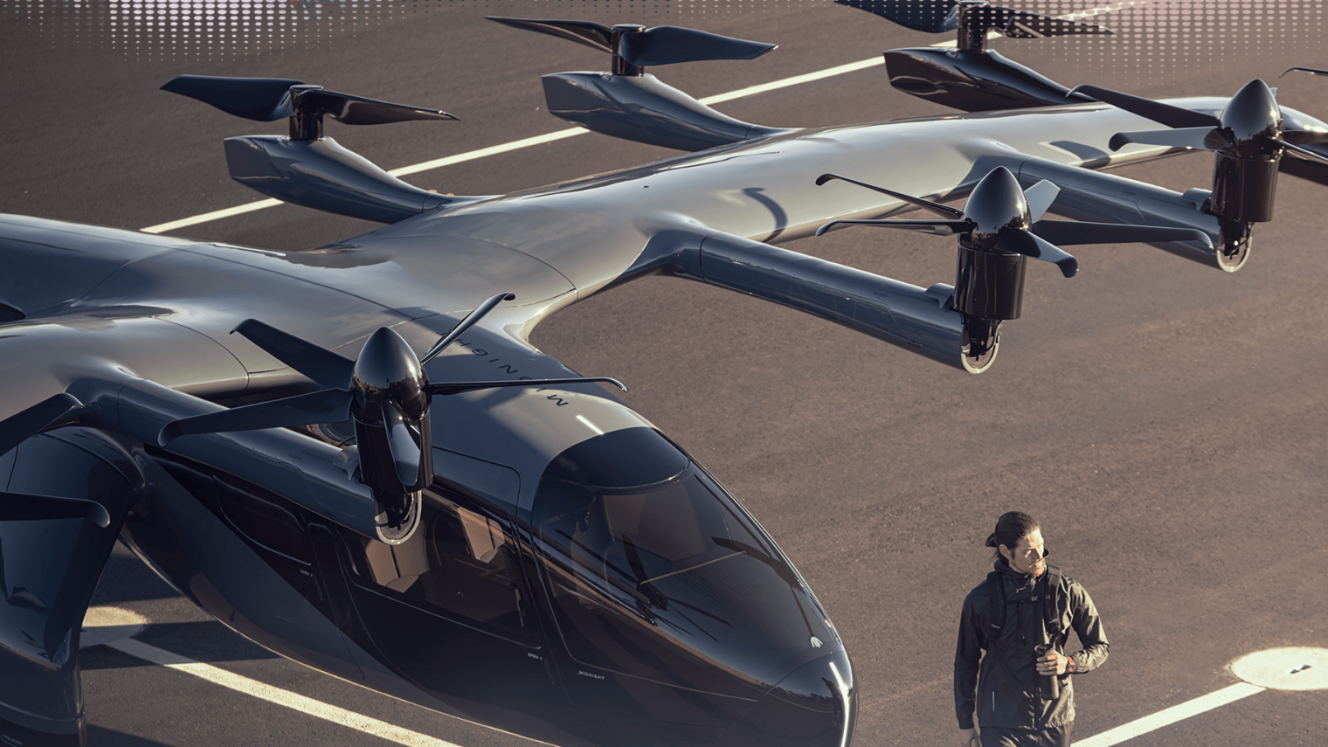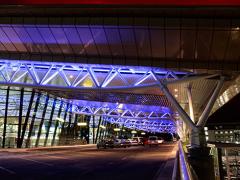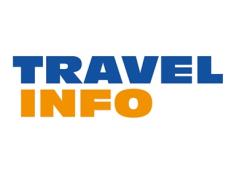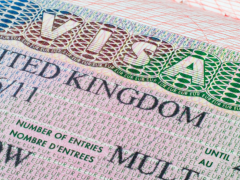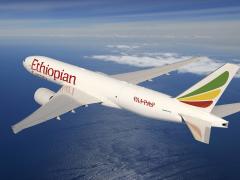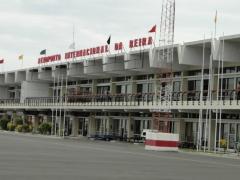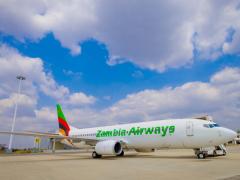In the past month, eVTOLs, or electric vertical take-off and landing aircraft, have surpassed global milestones and could start providing commercial taxi services by 2026 or sooner.
With testing completed, international governments are signing contracts with suppliers to provide commercial eVTOL taxi services. Autopiloted eVTOLs are now entering the market following certification of passenger safety standards and airworthiness.
UAE signs MOU to launch eVTOL taxis
On October 17, the Abu Dhabi Investment Office (ADIO), a government-owned investment fund, signed an MOU with Archer Aviation, a California-based electric aviation firm, to launch eVTOl air taxi services across the UAE.
The partnership will use an eVTOL fleet to drive Abu Dhabi’s initiative and grow its Smart and Autonomous Vehicle Industry by providing efficient transportation that will reduce carbon emissions, reports simplyflying.com.
The agreement makes the UAE Archer’s first international launch partner following a signed contract with the US Air Force earlier this month and similar MOUs with Los Angeles and Chicago. The long-term strategic initiative was supported by industry stakeholders Falcon Aviation and GAL-AMMROC.
In return, ADIO will provide Archer with a variety of tax incentives, logistical support, and partnerships with UAE maintenance repair and overhaul providers.
China certifies automated eVTOLs
China’s automated eVTOL developer, EHang, has been certified for its passenger-carrying autopiloted eVTOL, EH216-S, making it the first in the world.
The EH216-S met the Civil Aviation Administration of China’s (CAAC) safety standard and airworthiness requirements, qualifying it for commercial operations. This included specific laboratory tests, ground and 40 000 flight tests to test structural strength, crashworthiness, data links, flame resistance, flight performance and stability, main material performance and system functionality.
To create the EH216-S certification, the CAAC teamed up with EHang and unmanned aviation professionals to create a regulatory framework that lays the foundation for certifying aircraft of its kind.
